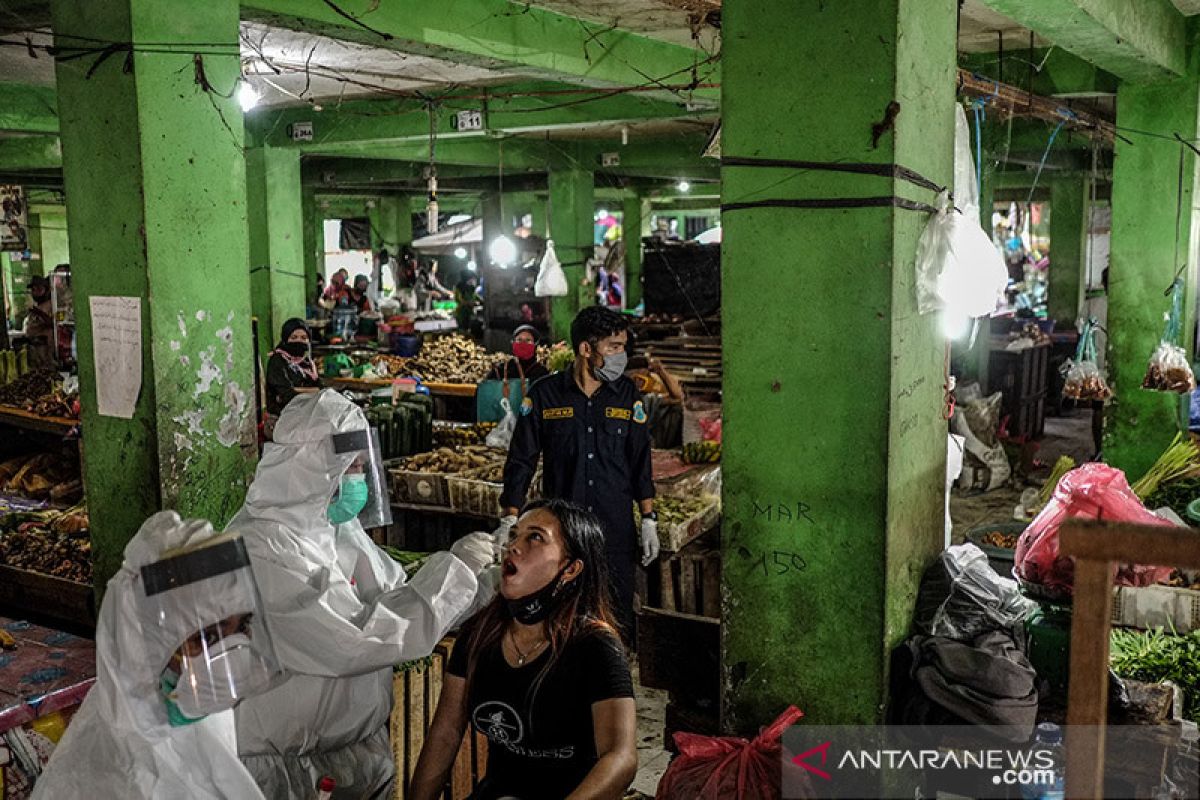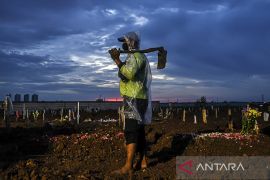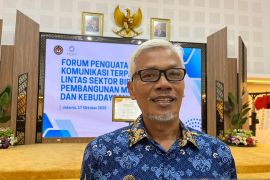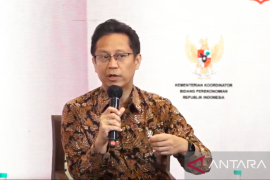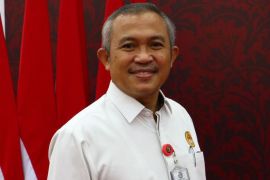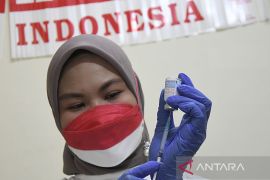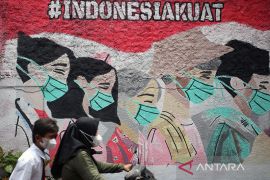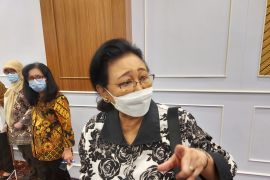As the SARS-CoV-2 virus, which causes COVID-19, is not expected to disappear any time soon, Indonesia would ban large gatherings during Christmas and New Year's Eve to tackle the growing rate of new COVID-19 infections.
Looking back at the year 2020, it has been a gloomy year replete with sickness, loss, fear, and uncertainty.
First identified in December 2019 in Wuhan, China, the World Health Organization declared COVID-19 as a pandemic in March 2020. As of December 26, over 79.8 million cases have been confirmed, with more than 1.75 million deaths attributed to COVID-19.
In Indonesia, the first case of the disease was confirmed on March 2 after a dance instructor and her mother tested positive for the virus.
President Joko Widodo confirmed the first two cases of COVID-19 in the country in a televised statement. According to the then health minister Terawan Agus Putranto, the patients contracted the virus from an infected Japanese.
Since then, the virus has spread briskly across the archipelago.
Before the first case was detected, in February, the government had its hands full evacuating Indonesians from the epicenter of the disease in Wuhan, China, as well as crew members aboard the Diamond Princess and the World Dream cruise ships.
As many as 243 Indonesians evacuated from Wuhan on February 2 were placed under quarantine in the Natuna Islands, while 256 crew members of the two cruise ships were quarantined in the uninhabited Sebaru Kecil Island in the Seribu Islands off the coast of Jakarta.
The first death of a COVID-19 patient was recorded in March 11, case 25, a British national, who died in Bali's Sanglah hospital, whereas the first death of a health worker was reported on March 13.
President Joko Widodo has urged the public to always wash hands, minimize social interaction, and boost body immunity to prevent transmission of the coronavirus.
However, disparate to several other affected countries, the government did not impose a lockdown but began restricting foreigners from entering Indonesia and installed body temperature scanners at airports.
On April 10, the capital Jakarta imposed large-scale social restrictions (PSBB).
As the infections continued to rise and reached 4,557 cases, on April 13, Jokowi announced the coronavirus pandemic as a national disaster.
The continued increase in COVID-19 infections globally, including in Indonesia, has sparked a scarcity of masks, hand sanitizers, gloves, and also disinfectants, reportedly effective in killing the virus dispersed on materials when infected people cough or sneeze. The virus is transmitted through droplets.
Panic buying had been reported since February, and prices of health care products have skyrocketed.
Supply of personal protective equipment (PPE) in the country was insufficient to protect all medical workers. Several of them have to wear a raincoat to protect themselves from being infected by the virus.
Social and economic impacts
The Ramadhan fasting month started in the last week of April and people began preparing for the Eid al-Fitr celebrations. However, the government decided to ban the homecoming tradition during the Muslim festivity over concerns that it would spark massive transmission of the virus.
In mid-May, Jokowi coined the term “new normal” and has, since then, been used in the country's post-pandemic economic recovery efforts. He also called on people to co-exist with COVID-19.
However, the term “new normal” was viewed as incorrect, and the government had changed its phrasing to “adapting to new habits” to prevent false interpretations or misunderstandings.
The novel coronavirus has closed several doors. In the education sector, schools were closed since March as the education and culture minister imposed online schooling despite the gap in electricity and internet access among regions.
The ministry’s data in April 2020 showed that 18 percent of schools did not have internet access and three percent others did not have electricity access.
In terms of the economy, several companies closed their doors and laid-off their workers. The pandemic has pushed Indonesia and several other countries in the world into recession.
According to the Central Statistics Agency (BPS), Indonesia's economic growth contracted 5.32 percent and 3.49 percent in the second and third quarter of the year respectively.
The government has earmarked Rp695.2 trillion (US$47 billion) for a stimulus package to revive the economy, which is projected to shrink between 0.6 percent and 1.7 percent this year.
The Asian Development Bank (ADB) has revised Indonesia's economic growth in 2020 from minus 1 percent to minus 2.2 percent due to the current uncertainty in the pandemic situation.
Hope of vaccine
World pharmaceutical companies have developed the COVID-19 vaccine in a race against time.
Indonesia's Health Ministry has decided to use the vaccine produced by PT Bio Farma, AstraZeneca, China National Pharmaceutical Group Corporation (Sinopharm), Moderna, Pfizer Inc. and BioNTech, and Sinovac Biotech Ltd.
As many as 1.2 million doses of the vaccine ordered from Sinovac arrived in the country on December 6.
Some 15 million doses of ready-to-use vaccine will arrive later in this month, and some 30 million doses other will arrive in January.
The government has readied measures for massive immunization to stop COVID-19 transmission.
However, despite the availability of the vaccine, it called on people to continue to adhere to health protocols, as the pandemic is not expected to end soon.
The country has seen an increasing trend of daily new cases of COVID-19, from hundreds in March to one thousand in June, three thousand in August, and seven thousand in December.
Making matters worse is the news of several countries having detected mutated coronavirus that can spread faster.
Virologists said that it does not mean this variant is actually more dangerous even if the virus is spreading faster. However, this should have set the alarms. The pandemic has continued to evolve.
Related news: COVID-19: Indonesia records 563,980 recoveries
Related news: Govt carries out various efforts to handle COVID-19 pandemic: Minister
EDITED BY INE
Editor: Suharto
Copyright © ANTARA 2020
